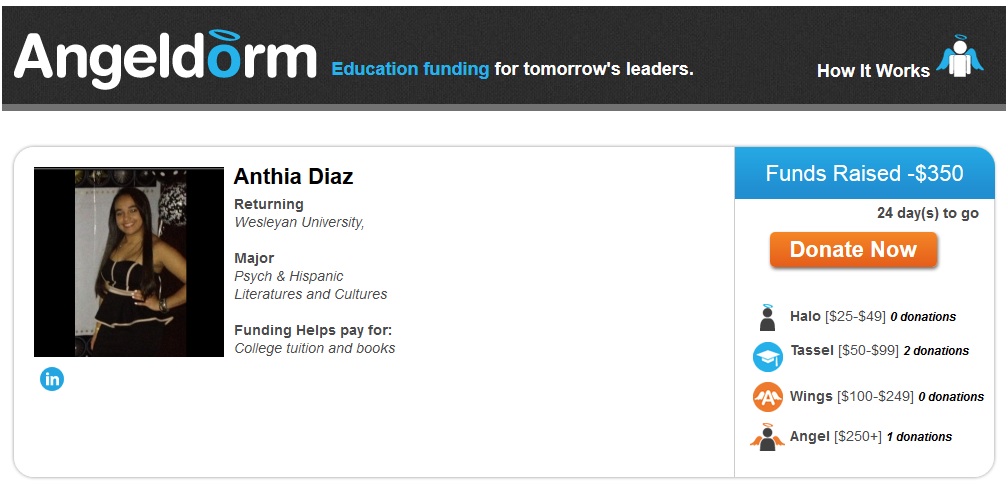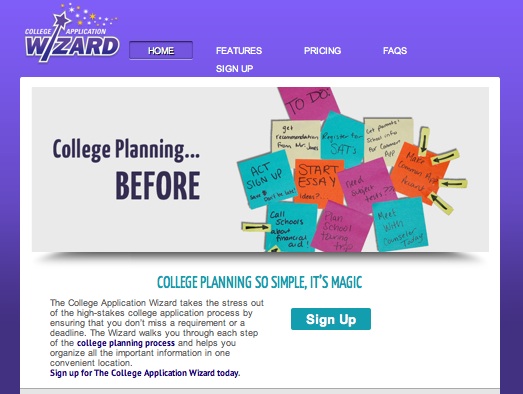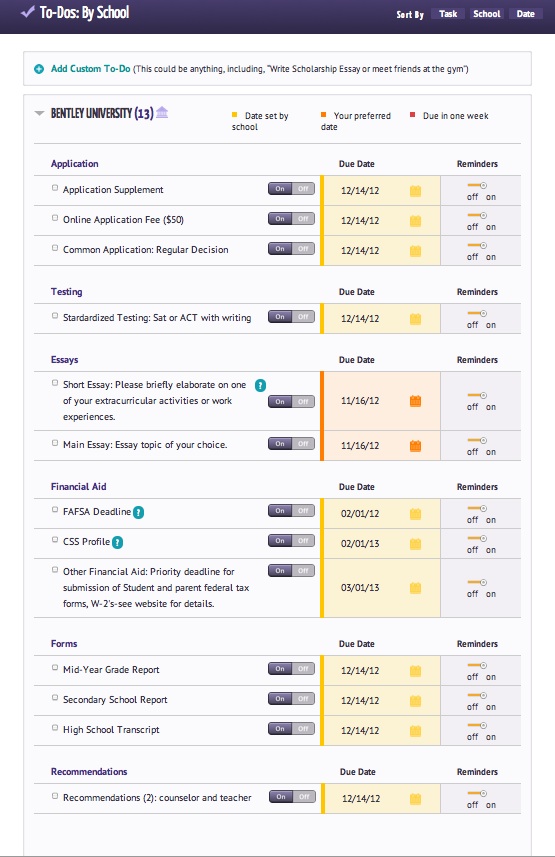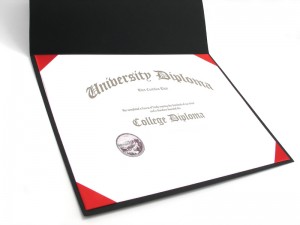 You’ve probably dreamed of sending your child off to your own alma mater, not to mention watching him walk to the stage to receive his diploma. Even if your kid is the first generation in your family to attend an institution of higher learning, you probably want him to have the college experience, including living in dorms, participating in Greek life, and so on. But times are changing, and more and more students these days are looking to save time and money by attending online schools to earn their degree.
You’ve probably dreamed of sending your child off to your own alma mater, not to mention watching him walk to the stage to receive his diploma. Even if your kid is the first generation in your family to attend an institution of higher learning, you probably want him to have the college experience, including living in dorms, participating in Greek life, and so on. But times are changing, and more and more students these days are looking to save time and money by attending online schools to earn their degree.
You might be understandably concerned about the ramifications of going this route. What will it mean for your student and his prospects of gainful employment? If your teen tells you he’d rather attend an online school, there are a few things you’ll want to consider before you agree.
Check the accreditation
The most important thing to keep in mind when choosing an online college is the status it holds; you want to make sure your student attends an accredited school. Luckily, many online universities these days are accredited, and they enjoy the same accreditation status as their brick-and-mortar counterparts. You can find such institutions online via the U.S. Department of Education Office of Postsecondary Education (ope.ed.gov/accreditation/), which is required by law to compile a list of qualified institutions (even though they don’t themselves offer accreditation). But why is choosing such a school so important?
A school that has gained accreditation has proven that it meets certain standards for excellence in academia, and this means that other schools are far more likely to accept students coming out of such an institution. Many employers might question the validity of an online degree as well. Offering accreditation communicates that the courses offered are beneficial as they apply to your work preparation.
Weigh the financial savings
Of course, there could be other issues, as well. If your teen stays home he will certainly save money on tuition and living expenses, and the flexible schedule offered by an online university will allow him to continue working part-time. He won’t get the opportunity to socialize as much; and while this might not sound so terrible, consider that the peers he meets in college could one day be his colleagues. In short, he’s missing out on a prime chance to network with others who will eventually be in his industry. This is a big loss. He also won’t have access to internships and job placement.
Online education can also be costly. Many online universities attract students by offering student loans. Which can seem appealing at first, but later down the road, upon graduation, the debt is unsurmountable. If your son has applied for scholarships and won, verify that they can be used at an oline university.
So while attending University of Phoenix or WSU online might certainly be easier and more cost-effective, it’s important to impress upon your teen all that he might be missing by remaining at home instead of heading to campus. If he’s set on staying home, he needs to consider all of his options before making a choice that could affect the rest of his life.













